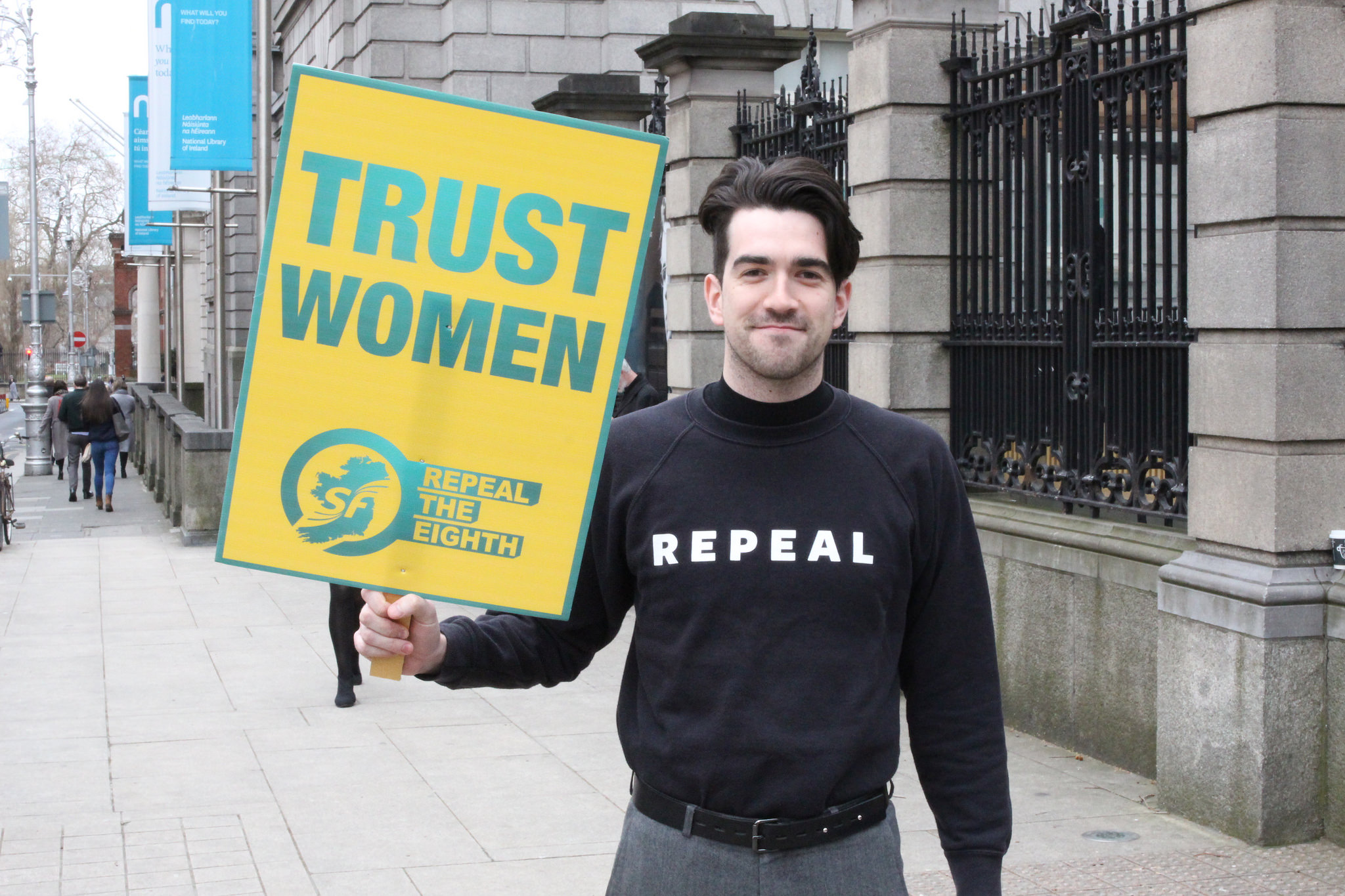When I was at school, it was clear that my periods were a problem. Anybody who knew me could tell that their period pain versus my whatever-the-hell-was-going-on were a different matter, but I was unable to fully portray this to my family GP.
She would tell me that my pain was simply period pain, that cramps were completely normal, and that I’d probably grow out of them. She told me I’d be fine once I’d had a baby (I was fourteen, reader, FOURTEEN), and that a couple of paracetamol would sort it out.
It was only a few days per month, after all. Why all the fuss? I tried a few contraceptive pills and things like mefenamic acid, none of which touched the pain I was going through.
The thing is, this was no ordinary pain. I moved onto university and faced the same problem. My friends and housemates could see that something was terribly wrong but I could not explain it sufficiently well to my new GPs. It was only when I turned up at the surgery on day one of my period, and the GP saw precisely what I was talking about – that I could barely walk, I couldn’t sit up straight, I was pretty much green in colour and I was only just about conscious – that she referred me, post-haste, to a gynaecologist.
The gynaecologist was rude and old school but he was also efficient and, a few months later, following surgery, he told me that he had found extensive endometriosis throughout my pelvis and that I also had two other, unexpected diagnoses. Well, he actually told my dad this, because he was of the opinion that it was more appealing or effective to talk to a man than a mere woman. But I was in the bed next to where my dad was sitting, so I got the picture. I may well be infertile, he said as if he was describing the weather outside, he had drilled a hole in my ovary because it was so covered in cysts there was no hole for the eggs to get out through, and he had lasered away as much of the endometriosis as was visible to him.
My endometriosis diagnosis came seven years after I had first approached my GP, aged 14, about the problems I was experiencing. I joined Endometriosis UK and found out that that was the national average time women waited from a first GP visit to a diagnosis: seven years.
And the time between consultation and diagnosis now, 20 years on? Seven and a half years.
We are facing a medical culture where pain that is predominantly experienced by women is dismissed and devalued. “Women’s problems” are not taken seriously. I have seen three male GPs in my life who have told me explicitly to only see women about my “period problems”, and probably more who thought the same but didn’t say it out loud.
Most recently, about a year ago I had a period that would not end. I had been bleeding for weeks and, as this had happened before, I knew that I needed a prescription for a particular drug to slow my bleeding down a bit. I knew that the bleeding might recur when I stopped taking the medication, but that my body really needed a break from the bleed before I became an anaemic mess.
I got an appointment with a male GP because it should be a pretty straight forward interaction, and because he was the only person available. And, let’s face it, because GP stands for General Practitioner and if he can’t deal with a one-off hormone prescription then he’s got no right to call himself one of those.
His displeasure showed on his face as soon as I explained what I was there for.
“As a middle-aged man”, he said, “I can’t really relate to this. In the future, could you see a female GP about this kind of thing?”.
I wondered if he also refused to treat other conditions he couldn’t “relate to”; perhaps he had never broken his wrist or had haemorrhoids or migraines. Did he refuse to treat those, too?
As a final note, intended presumably to placate me, he said weakly, “The women doctors send me their testicle patients…”.
I got the drugs off him but it was hardly an ideal transaction.
So it came as no surprise to find that one third of British women are facing severe reproductive health problems. Even less of a surprise was that only half of women with reproductive symptoms seek help at all.
Had I not been facing such extreme pain, or extreme bleeding, I am sure I would have given up seeking help long before I did. As it was, something was clearly terribly wrong and I was still young and idealistic enough to think that it was worth pursuing.
But if something is not literally stopping you from living your life every four weeks, it’s easy to let it drop. To start to believe the doctors who tell you that it’s normal or it’s not that bad.
And as long as we are stigmatised when we mention that we are menstruating or that we are menopausal or miscarrying, we will fail to stand up for ourselves, and GPs themselves – the gatekeepers to further specialists – will not take us seriously or really understand the prevalence of some of the most common reproductive issues faced by those of us with wombs and vaginas. The government’s report may be a good place to start, and charities supporting the health issues of AFAB people are increasingly speaking out on social media, so with all of our voices together, we can hopefully make change.
Photo: Sinn Féin/Creative Commons

